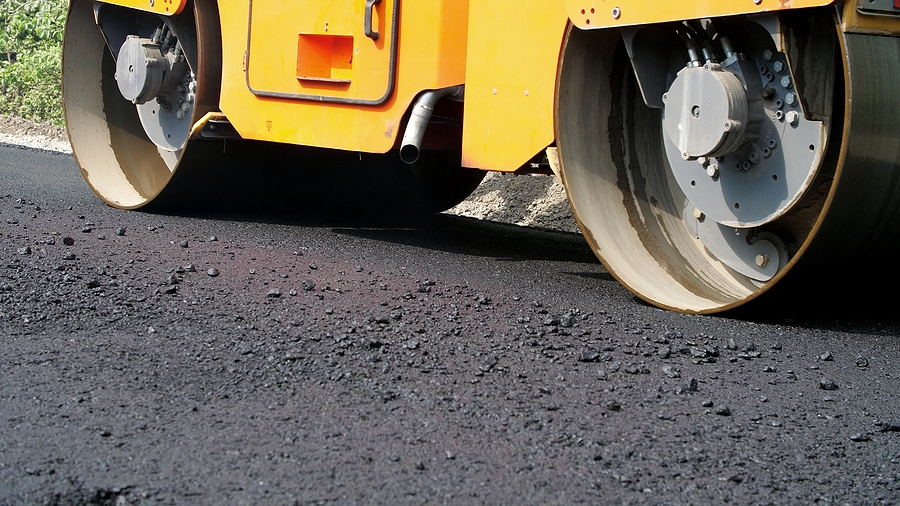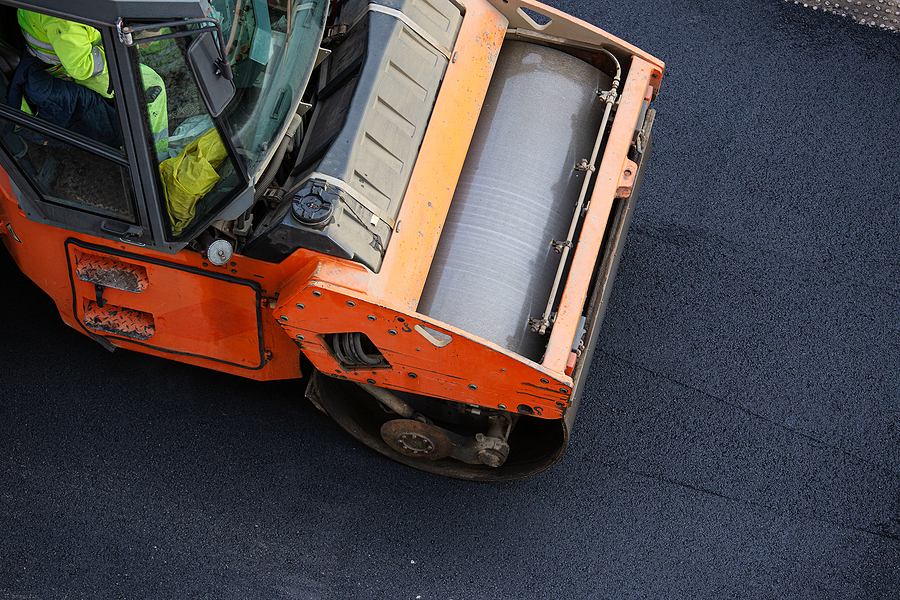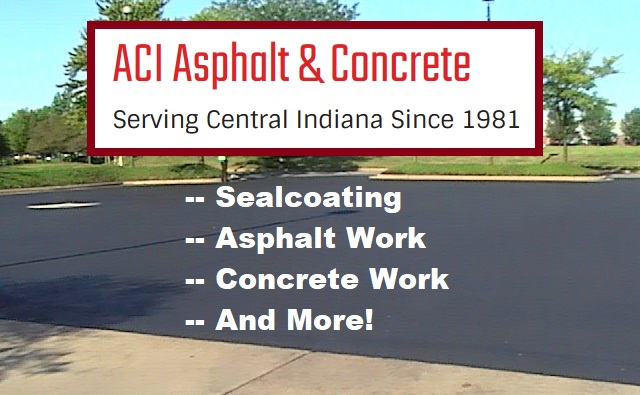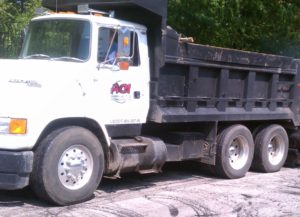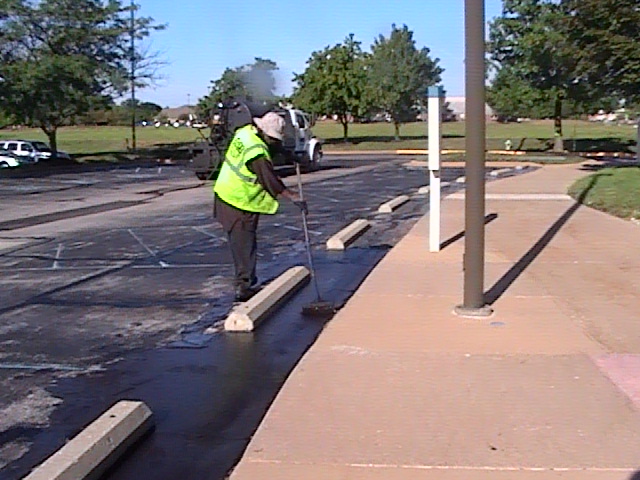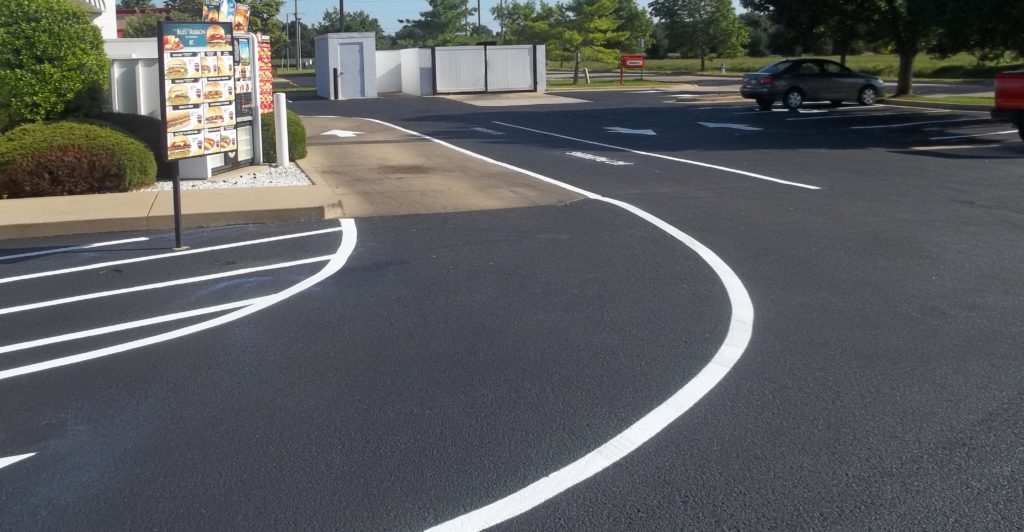Maintaining pavements is not merely a matter of aesthetics but a critical aspect that can influence the functionality, safety, and financial health of a property. Whether you’re a business owner, property manager, or homeowner, understanding how to enhance pavement properties and performance can save you time, money, and a lot of headaches in the long run. This guide delves into everything you need to know about improving the longevity and performance of your pavements.

The Importance of Functional and Efficient Pavements
Imagine walking up to a business with cracked, uneven pavement. The first impression isn’t just poor—it can also be a safety hazard. Well-maintained pavements are vital for businesses and properties as they directly affect curb appeal, usability, and safety.
For commercial properties, high-quality pavements signify professionalism and care, making them more inviting to customers and tenants. For homeowners, good pavement boosts property value and ensures safer driveways and walkways.
Introduction to Pavement Properties
Before enhancing pavement properties, it’s crucial to understand what makes up these materials and their inherent characteristics. Pavements are typically made from asphalt or concrete, each with unique properties that affect their performance.
Asphalt Pavements
- Flexibility: Asphalt is more flexible than concrete, making it ideal for areas with variable temperatures.
- Cost-Effective: It’s generally cheaper to install and repair.
- Quick Installation: Asphalt can be laid relatively quickly, causing minimal disruption.
Concrete Pavements
- Durability: Concrete is extremely durable, often lasting longer than asphalt.
- Low Maintenance: It requires less frequent maintenance.
- Eco-Friendly: Concrete is more environmentally friendly because it can be recycled.
Each material has its strengths and weaknesses, affecting how they perform under different conditions. Factors like traffic load, weather conditions, and maintenance practices significantly impact the longevity and performance of these pavements.
Tips for Enhancing Pavement Performance
Knowing the properties of your pavement is the first step towards making it last. Adopting these practices ensures that your pavements are not only durable but also cost-effective in the long run. Here are some tips and innovative solutions to enhance pavement performance:
Regular Maintenance
- Sealcoating: Applying a sealant helps protect asphalt pavements from the elements, extending their life span.
- Crack Sealing: Sealing cracks as soon as they appear prevents water infiltration, which can cause more extensive damage.
- Regular Cleaning: Removing debris and cleaning spills quickly can prevent staining and surface degradation.
- Routine Inspections: Regularly inspect your pavements to catch and fix minor issues before they become major problems.
Innovative Solutions and Technologies
- Geotextiles: These materials can be used under pavements to improve stability and reduce cracking.
- Permeable Pavements: These allow water to pass through, reducing runoff and improving flood control.
- Polymer Modifiers: Adding polymers to asphalt can improve its strength and flexibility.
- Reflective Coatings: Reflective paints can help reduce heat absorption, making pavements cooler and more comfortable to walk on.
The Economic Impact for Property Owners
Well-maintained pavements offer several financial and operational benefits, making them a smart investment for different types of properties.
For Commercial Properties
- Increased Foot Traffic: Attractive and safe pavements can draw more customers, enhancing business opportunities.
- Reduced Liability: Proper maintenance can prevent accidents and reduce liability claims.
- Enhanced Property Value: Quality pavements add value to your property, making it more appealing to potential buyers or tenants.
For Residential Properties
- Safety: Well-maintained driveways and walkways reduce the risk of trips and falls.
- Aesthetic Appeal: Good pavements improve the overall look of your home, boosting curb appeal.
- Longevity: Investing in maintenance increases the lifespan of your pavements, offering long-term savings.
In Summary
Enhancing pavement properties and performance is a multi-faceted approach that involves understanding the materials, regular maintenance, and adopting innovative solutions. By investing in high-quality pavement care, you can enjoy numerous benefits, from increased property value to reduced liability risks.
Ready to take the next step? Assess your current pavement conditions and prioritize enhancements that will offer the most significant benefits. By doing so, you’ll be well on your way to enjoying durable, high-performing pavements that stand the test of time.
For more insights and professional advice on enhancing your pavements, let us help. Contact ACI Asphalt and Concrete at 317-549-1833, today. Your investment in professional commercial pavement maintenance in Indianapolis, Indiana will pay dividends in safety, aesthetics, and overall property value. We serve clients throughout the state, and now offer custom small load ready mix concrete delivery.
Related Posts:
The Quickest Ways to Improve the Look of Asphalt
Repairing Asphalt Can Boost Commercial and Residential Curb Appeal
The Ultimate Guide to Proper Pavement Maintenance


